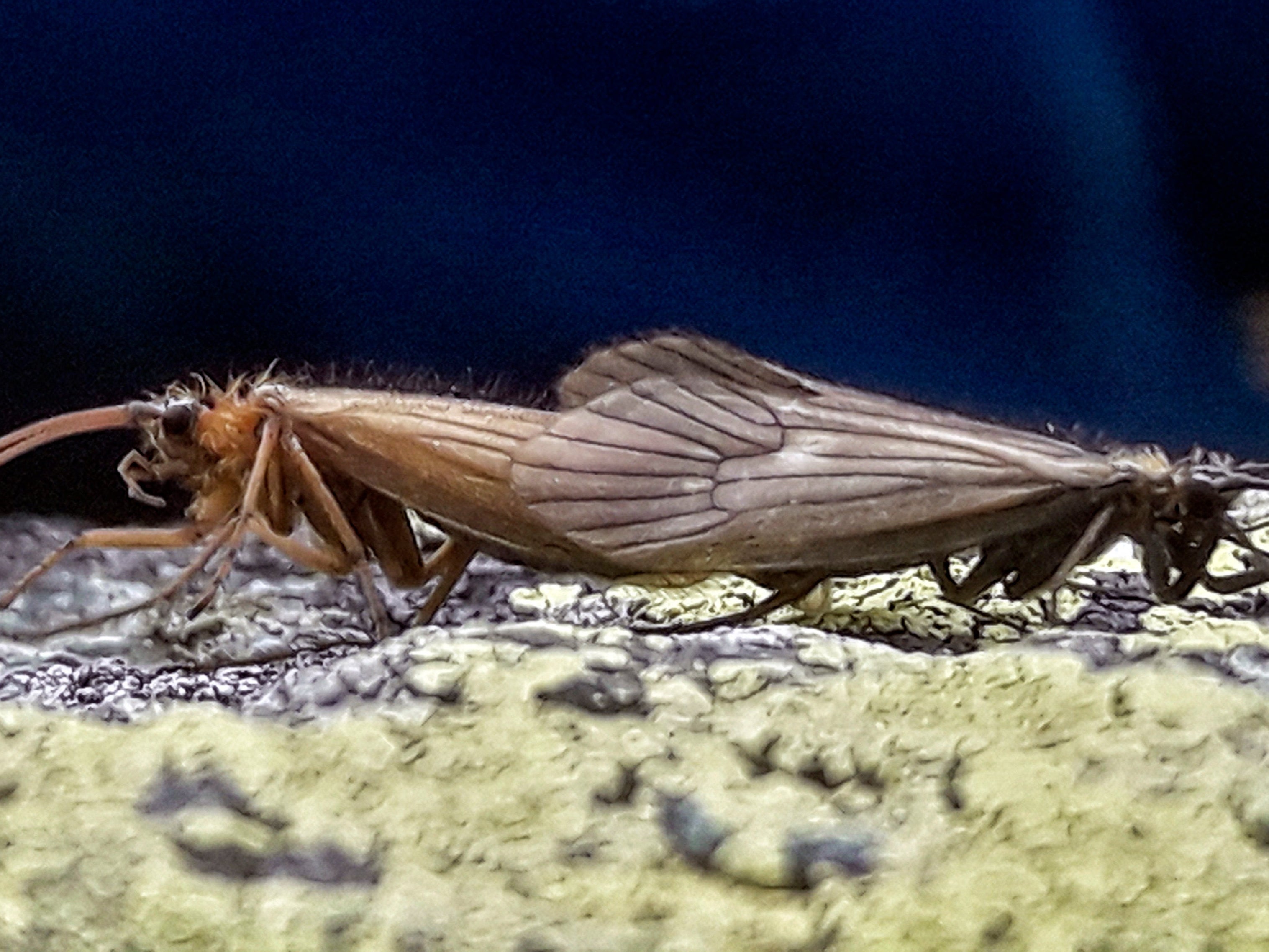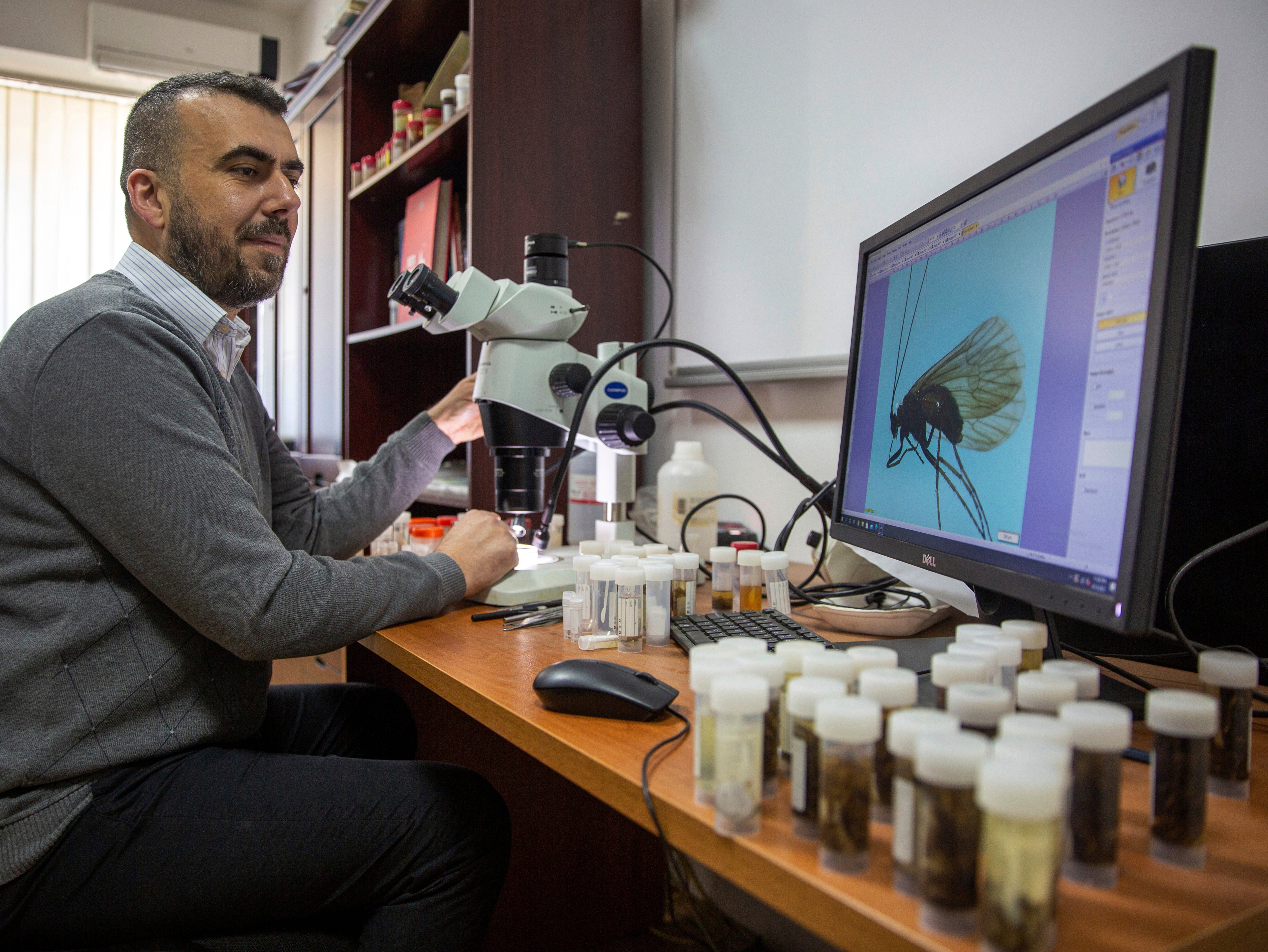The new coronavirus bug: Insect named after deadly virus
Moth-like caddisfly species found in Kosovo river has been named to draw a parallel between the impact of the pandemic and pollution, reports Joe Sommerlad


A biologist studying river basins in Kosovo has discovered a new species of insect and seized the moment to name it after the coronavirus.
Professor Halil Ibrahimi christened the species of caddisfly “Potamophylax coronavirus” after identifying it in the country’s equally well-named Bjeshket e Nemuna (“Accursed Mountains”) national park.
There are approximately 14,500 described species of caddisfly, which are small moth-like insects with two pairs of hairy membranous wings.
They live on land but lay their larvae in freshwater ponds and marshes.
Explaining his choice of name, the associate professor at the Natural Sciences Faculty of Pristina University said: “Coronavirus was the most vivid thing during the time when the species was discovered.”
He elaborated that the insect - said to be unlike any other in the Balkans in its preference for open, high-altitude habitats - had been found in the Lumbardhi i Decanit river, which is notorious for its pollution and an area Prof Ibrahimi wanted to draw attention to.
“[Pollution] has the same effect on the species living in the rivers as the coronavirus is causing to humankind these days,” he said.
Kosovo and its Balkan neighbour states continue to attract criticism over their environmental practices, from sewage being dumped directly into water supplies to deforestation.
Those problems have been exacerbated in recent years by the once war-torn country’s ongoing development, which has seen a rise in the number of construction projects underway, traffic congestion and industrial pollution.
People should “rethink their attitude towards the environment” because insects like the Potamophylax coronavirus are “the first barrier before the pollution comes to the humans”, Prof Ibrahimi said.

“They are the first indicators that something is going wrong in the environment... in order to be prepared for the pollution impacting directly on ourselves.”
“Institutions must undertake measures to stop this degradation to the environment, and people must start considering these insect species as part of their own life”, he added.



Join our commenting forum
Join thought-provoking conversations, follow other Independent readers and see their replies
Comments